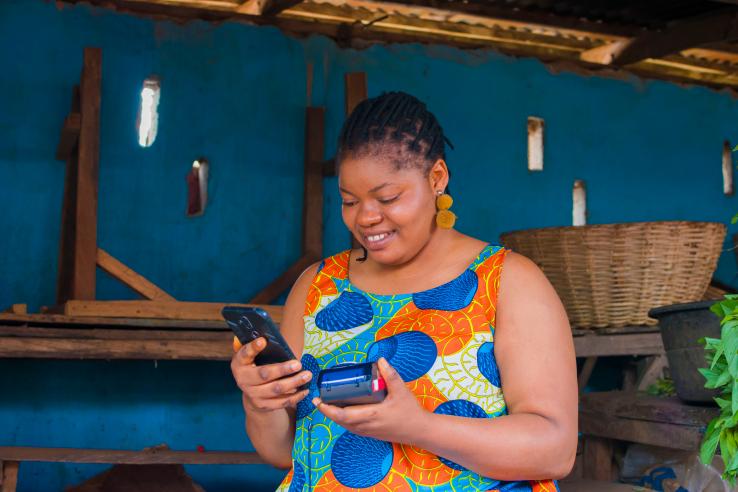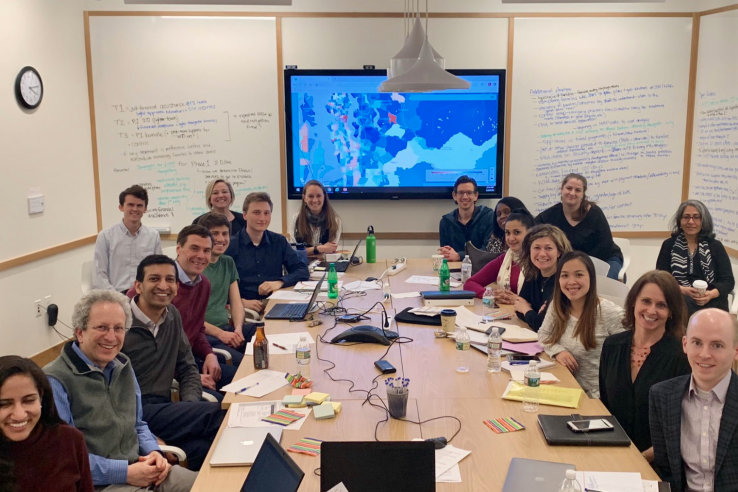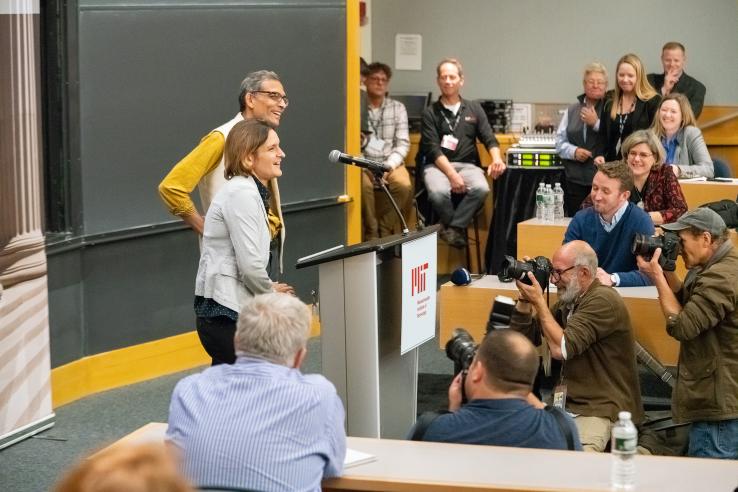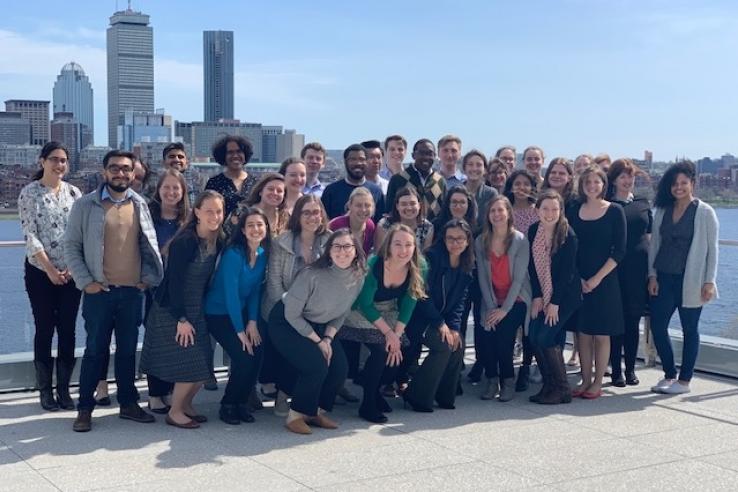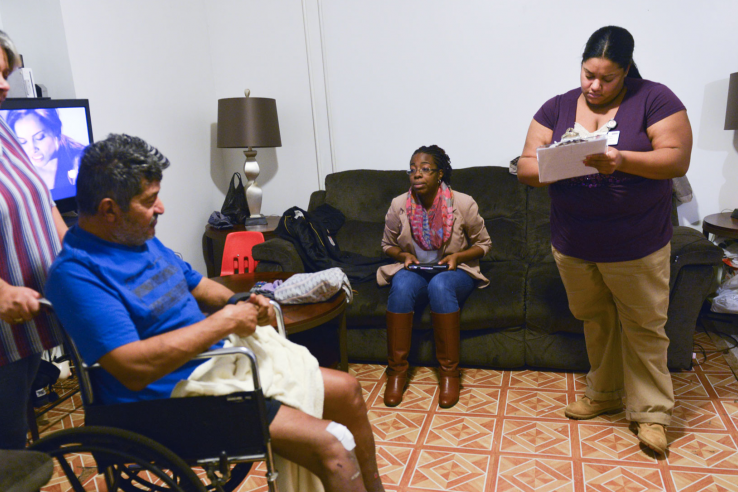Displaying 1726 - 1740 of 8491
Resource
Basic page
Page
Landing page
Blog
To understand how the pandemic has altered the business landscape in LMICs, J-PAL’s Firms Sector is synthesizing results from surveys conducted by J-PAL affiliates and invited researchers on the impact of COVID-19 on micro, small, and medium enterprises (MSMEs) around the world. This snapshot...
Blog
As part of a blog series on J-PAL’s work related to climate change, this post highlights J-PAL North America’s contributions to the evidence base in environment, energy, and climate change to date and articulates our agenda for catalyzing more policy-relevant research.
Person
Person
Anne Thibault joined J-PAL in February 2013. Before assuming the position of Interim Executive Director at J-PAL LAC, she worked as the Deputy Executive Director. Prior to that, she was a Senior Training Manager for more than three years, leading J-PAL’s capacity building initiatives to promote the...
Page
Landing page
Update
J-PAL Updates
J-PAL North America October newsletter highlights a new Evaluation Toolkit on how to design and implement randomized evaluations, results from two randomized evaluations of workplace wellness programs, and a case study building on the generalizability framework.
Blog
Despite considerable progress in achieving gender parity, inequalities faced by women remain a major global challenge. Can access to the right financial tools support women’s empowerment and result in better outcomes for not only women but also children, household welfare, and the wider community?
Update
J-PAL Updates
J-PAL North America's inaugural monthly newsletter highlights lessons from new research on housing mobility and economic opportunity, a blog series celebrating six years of the Health Care Delivery Initiative, and an evidence review on strategies to reduce and prevent homelessness.
Update
J-PAL Updates
In J-PAL North America's November newsletter, we celebrate J-PAL founders winning the Nobel Prize, introduce nine new partners, and recap Research Staff Training.
Update
J-PAL Updates
J-PAL North America's December newsletter celebrates the accomplishments of 2019, reflects on the importance of partnerships in our work, and discusses the impact of Abhijit Banerjee, Esther Duflo, and Michael Kremer's work on policymaking in the United States.
Update
J-PAL Updates
J-PAL North America's January newsletter highlights the randomized evaluation results of the groundbreaking Camden Core Model, the launch of the housing stability evaluation incubator, and our new mobility from poverty learning agenda.
Update
J-PAL Updates
J-PAL North America's February newsletter highlights J-PAL's Evaluating Social Programs course, recaps the Work of the Future Initiative's convening, and summarizes new evidence on the limits of outreach to increase take-up of the earned income tax credit.
Update
J-PAL Updates
Chilean Ministry invites J-PAL to convene Commission on innovative social programs.



